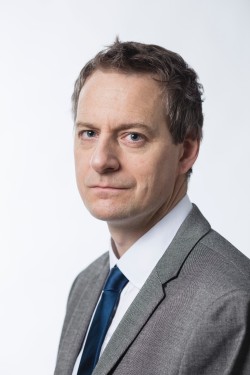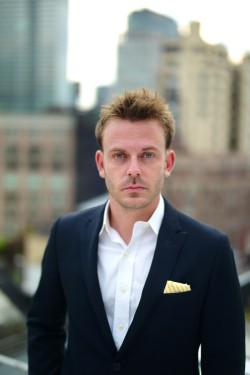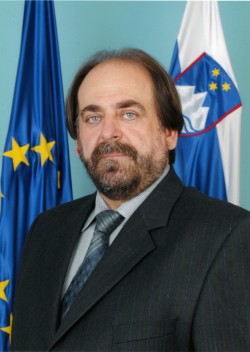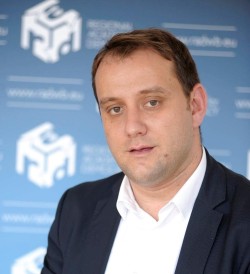Session 4: Countering the Tide of Radicalization: In Search of a Comprehensive Response
In partnership with the Geneva Centre for the Democratic Control and Armed Forces (DCAF)
With the devastating results of the recent wars in the Middle East, and with the apparent rise of radical politics in Europe, a new modality of social exclusion is beginning to take hold in both social contexts, that of radicalized youth that join the ranks of extremist organizations, such as the Islamic State. As widespread as this threat might seem at times, and given that such extreme views attempt to dissolve the foundations on which the modern social state has been built, the challenge lies in preventing youth from falling victim to the corruptive influences of fundamentalist organizations, as well as the rehabilitation of those that have already been exposed to them.
With ISIS taking an ever-increasingly violent approach to promoting their political ideas, major international political actors find themselves scrambling, faced with economic and political constraints, in their search for a comprehensive strategy. Due to the growing costs of military intervention, the world at large needs to systemically rethink its approach towards the issue of radicalization.
The war against ISIS is both a military war and a war of ideas, with large numbers of youth leaving for Syria, Libya and Iraq, it is becoming ever more important to employ not just military resources against the Islamic State, but also to rebuild the politics of hope, which would create a space for the re-socialization of the participants of the conflicts, and disrupt the spread of extremist ideas.
Discussion topics:
1. Which are the critical enablers of radicalization in the societies of Europe and the Middle East?
2. What characterizes the social spaces in which radicalization develops?
3. Which elements would a strategy have to entail in order to be considered comprehensive?
4. What kind of commitment is needed in order to defeat the Islamic State?
Speakers:
Alastair Crooke‚ Founder and Director, Conflicts Forum
Florian Qehaja‚ Executive Director, Kosovar Centre for Security Studies
Andrej Rupnik‚ Senior Advisor, Geneva Centre for the Democratic Control and Armed Forces (DCAF) Ljubljana
Franz-Stephan Gady‚ Senior Fellow, East-West Institute
Moderator: Karsten Friis‚ Senior Adviser, Head of the Research Group for Security and Defense, Norwegian Institute of International Affairs (NUPI)





